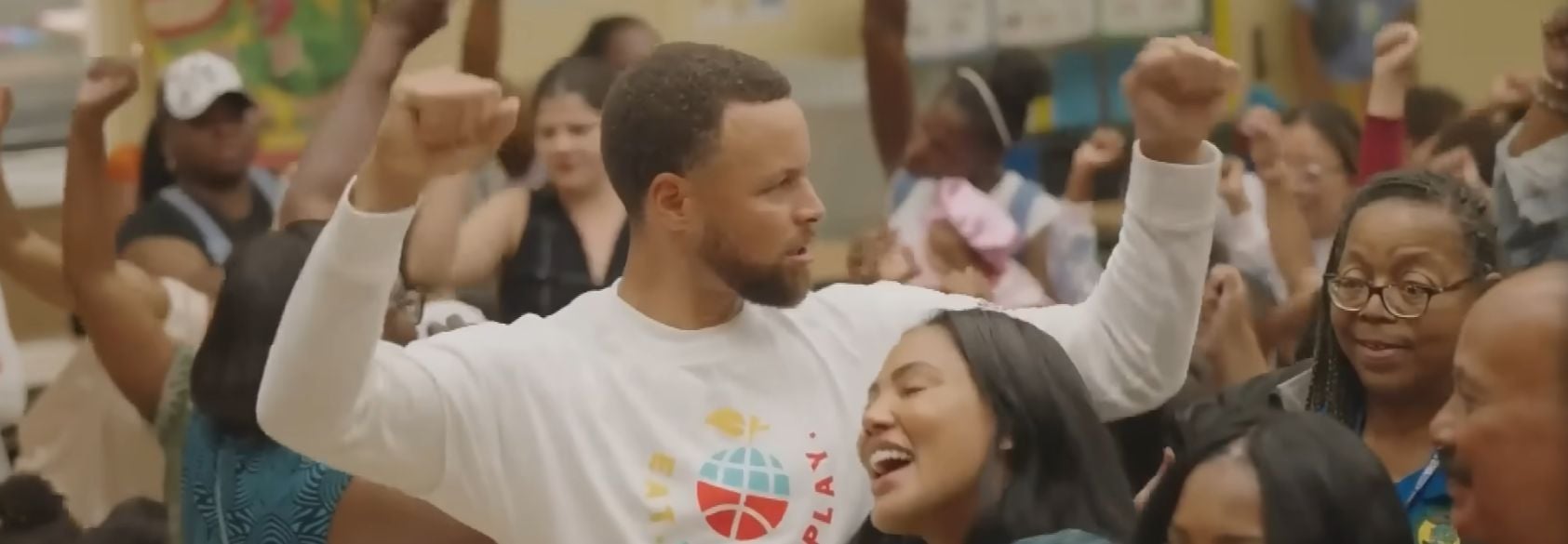Our society values role models. Sports figures, soldiers, creative artists, religious leaders, scientists, and even superheroes are among the many role models that embody the values we hold dear. Just as your students turn to media celebrities for advice and guidance, many also will regard you as a role model—whether you want this responsibility or not. At times it can be unnerving to realize that an entire room of students is watching to see how you respond to a classroom event. It is not always easy to have the right answer, to make the right decision or to say the right thing, although your students expect all of these from you.
For many students, you may be the only person in their life who routinely stresses the importance of hard work, effort and good character. Depending on the grade you teach, your tasks as a role model may include making sure your students wash their hands properly, learn about the dangers of using drugs, or get their college applications in on time.
Your actions will influence your students, even when you are not aware you are having an influence. It can be an overwhelming responsibility, but you have chosen a profession that has a profound impact on students. You can be a positive influence on your students when you:
- Are extremely courteous even when stressed
- Have a procedure for cleaning up the classroom at the end of class
- Have tissues and sanitizer available to reduce transferring germs
- Wipe down desks regularly to keep student work areas clean
- Help students manage their anger appropriately
- Make it clear that you like being with your students
- Call other teachers by their last name and a title in front of students
- Follow school rules, procedures and policies
- Show your appreciation and respect for other staff members
- Are patient with every student
- Are tolerant and understanding of student mistakes and idiosyncrasies
- Look up the meanings of unfamiliar words
- Are enthusiastic about the subject matter and about instructional activities
- Manage classroom interruptions with a minimum of fuss
- Make a point to include every student in every activity every day
- Dress professionally
- Use your “indoor voice” appropriately
- Treat all students fairly
- Praise students more than you chastise them
- Make a point of not missing school without a good reason
- Are prepared for class
- Listen carefully when students speak to you
- Speak standard English and encourage students to express themselves well
- Show your appreciation for students’ effort
- Are prompt
- Help students maintain a notebook, folder or other organization system for their work
- Encourage and praise students frequently
- Ask students for their side of the story before enacting a consequence
- Proofread your own work
- Can be counted on to do your share of school tasks, such as bus or hall duty
- Make a point of learning about your students’ cultures and neighborhoods
- Show sympathy and concern
- Are quick to reconnect with students after they have misbehaved
- Handle misbehavior professionally
- Refuse to be drawn into an argument with misbehaving student
- Make sure your own work is done well and neatly
- Have high academic and behavioral expectations
- Laugh at yourself
- Pick up trash in the hallway or on the grounds
- Are scrupulously careful to avoid plagiarism or other types of dishonest behavior
- Help students learn to believe they are capable learners
- Are calm in a crisis
- Practice good hygiene
- Take a strong stand against substance use
- Use good time-management skills
- Involve students in altruistic activities
- Deal with misbehavior as privately as possible to preserve student dignity
- Explain how you would approach a task or activity
- Treat parents and guardians with respect
- Accept criticism well.
If you ever doubt the impact you have as a role model for your students, just take a moment to think back on your own school days. When you recall the teachers who had the greatest influence on your life, it is likely that their influence was not limited to the subject matter or instructional methods they used. Those teachers showed you not only how to be a good student but also how to be a successful adult with a meaningful life.












